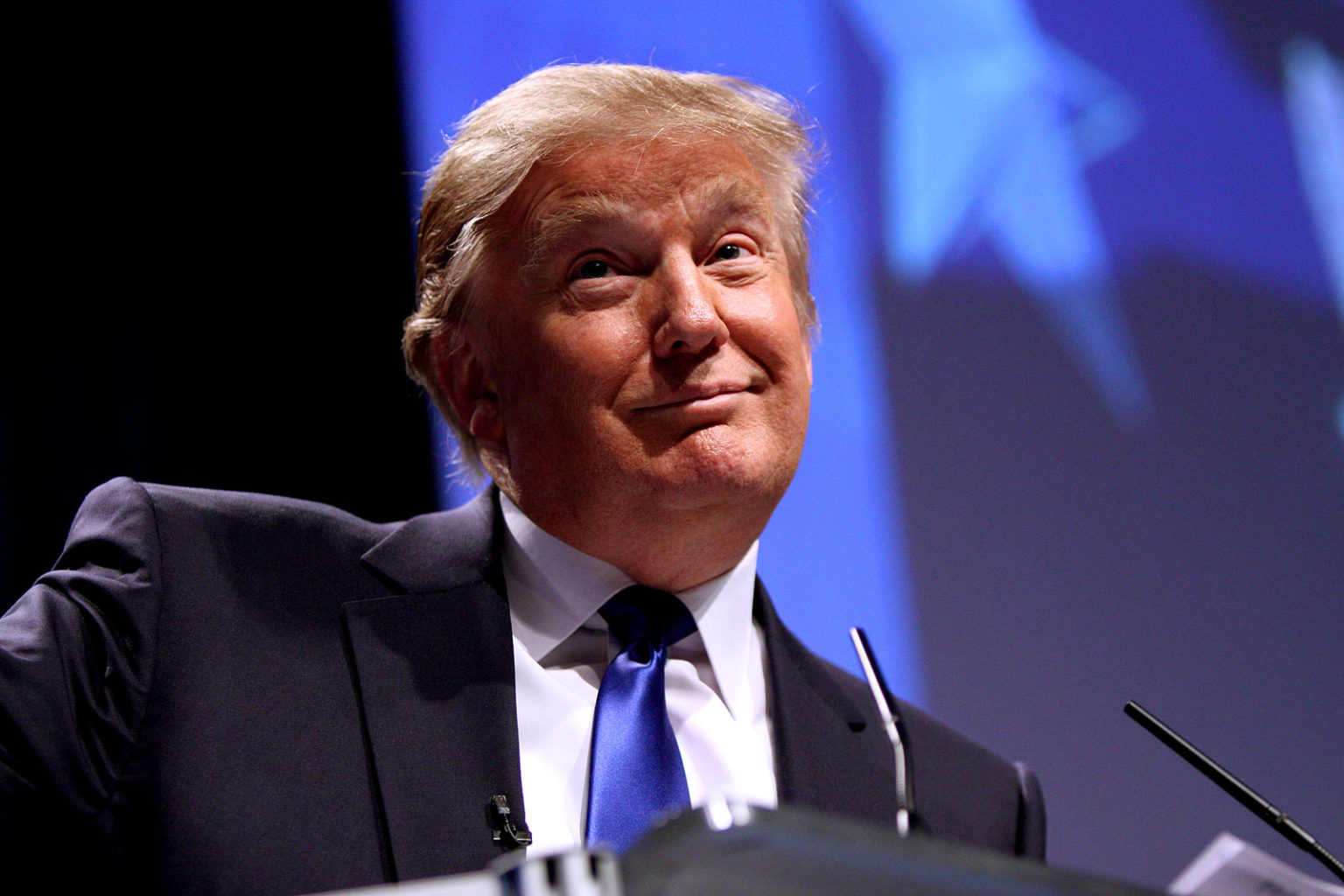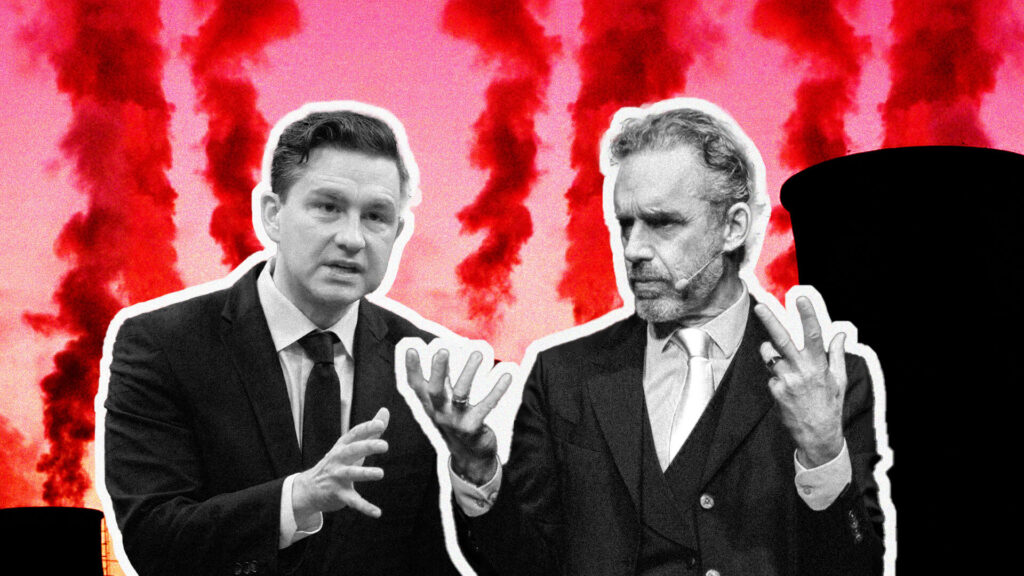The oil industry, a staunch opponent of electric vehicles (EVs), received an early Christmas present from the White House as President Trump reportedly intervened to quash an EV tax credit expansion from inclusion in a government spending package.
The tax credit is meant to help offset the upfront cost of electric vehicles and boost the EV market. Consumers who purchase an EV can currently claim a credit up to $7,500, and the credit phases out once auto manufacturers sell 200,000 qualifying vehicles. Tesla and General Motors have both hit the 200,000-vehicle cap and had lobbied for an extension. A bipartisan proposal called for allowing a $7,000 credit for an additional 400,000 vehicles sold.
That proposal, introduced earlier this year as the Driving America Forward Act, was rolled into a broader package of incentives for renewable energy that proponents hoped to pass as part of an end-of-year spending deal. But groups tied to the Koch network and backed by oil industry funding worked hard to kill the clean energy incentives. These groups sent a letter to Senate Majority Leader Mitch McConnell last week urging the Senate to oppose any bill that includes an EV tax credit extension.
Ultimately the EV provision was dropped from the spending package. According to Forbes, “In last-minute negotiations over a massive package of spending bills designed to avert a government shutdown, the EV provision was lost in the shuffle and that was the outcome Republicans and President Trump wanted.”
Trump specifically pushed for excluding the EV tax credit, as Bloomberg reported.
“There has been extreme resistance from the president. I don’t know why the White House would want to stop jobs and the future of the auto industry,” said Michigan Senator Debbie Stabenow, one of the original sponsors of the Driving America Forward Act.
According to Bloomberg, White House pressure was a key factor in eliminating the EV tax credit extension: “White House officials warned lawmakers that if they tried to expand the electric vehicle credit as part of a compromise spending bill, it could tank the measure, according to two people familiar with the matter. The issue is particularly heated in the West Wing and among conservatives who view the credit as mainly benefiting rich Californians and Tesla.”
The American Energy Alliance, the main recipient of grant funds from the American Fuel and Petrochemical Manufacturers (AFPM), a major oil refinery trade organization, was one of the chief groups working to defeat the EV policy. In a press release, the AEA responded to the news by thanking the president and applauding him for “holding the line.”
Stand with President Trump and let him know you support his efforts to stop any extension of federal support for electric vehicles: https://t.co/kmVXKvoK5C
— American Energy Alliance (@AEA) December 17, 2019
“President Trump stuck to his guns against a Congress hell-bent on saddling the cost of the Green New Deal on middle class American taxpayers. Companies like General Motors (GM) and Tesla have been clamoring for more taxpayer dollars to prop up their subsidy-based business model by doing everything in their power to influence our legislative process in their favor. But common sense has prevailed. President Trump deserves all the credit for holding the line on the electric vehicle tax credit expansion,” AEA President Thomas Pyle, a former lobbyist for Koch Industries, said in a statement.
While AEA is calling the defeat of the EV tax credit extension a “holiday reprieve for taxpayers,” the move is perhaps more accurately described as a holiday gift to the oil industry, which continues to bask in billions of dollars in federal subsidies each year.
Main image: Donald Trump speaking at CPAC in Washington, DC, on February 10, 2011. Credit: Gage Skidmore, CC BY–SA 2.0
Subscribe to our newsletter
Stay up to date with DeSmog news and alerts







